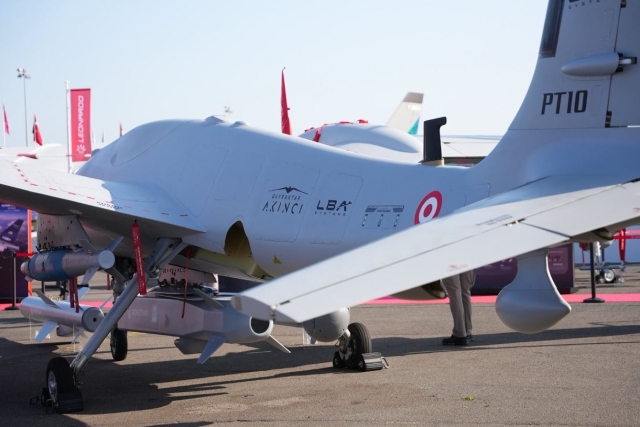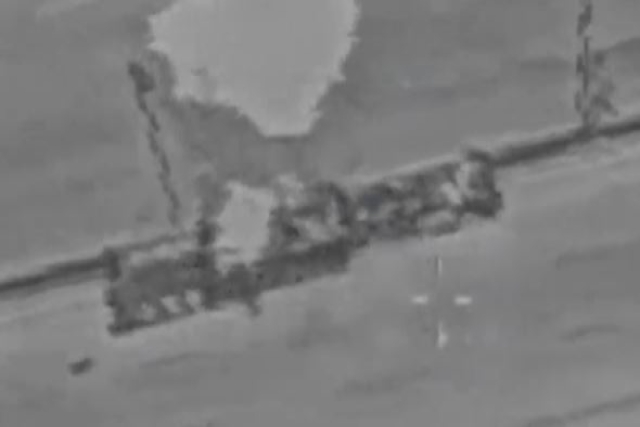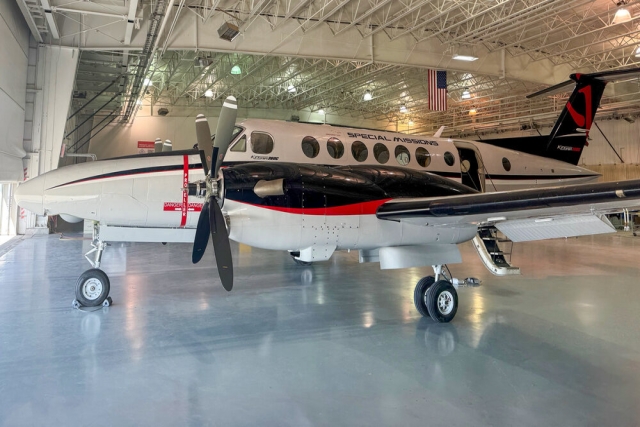Russia, U.S. To Provide Mi-17 Helicopters To Afghan Army
Russia and U.S. have signed a contract to provide Russian Mi-17 helicopters to the Afghan army, according to Russian officials.
The contract was signed by Rosoboronexport and the U.S. Army in Paris “as part of joint efforts to combat terrorism,” Russia’s Federal Service for Military-Technical Cooperation said.
Rosoboronexport officials said to a local daily that the contract was for 30 Mi-17V5 helicopters. The contract value is not disclosed yet.
Both parties expressed hope for an expansion of cooperation in the defense and technology sector, the statement said, adding that Russia was committed to its “international security policy and ready for any form of collaboration in that area.”
In February, US President Barack Obama announced plans to reduce the number of US troops in Afghanistan from 66,000 to 34,000 over the following year, leaving Afghan forces with an increased role in their nation’s security.
In 2011, Rosoboronexport and the US Defense Department signed a $367.5 million contract for the delivery of 21 Mi-17V5 helicopters to Afghanistan. The full value of that contract, including the delivery of spare parts and servicing, was about $900 million. The agreement carried the option of buying an additional 12 helicopters. Rosoboronexport helicopter export department head Grigory Kozlov later told RIA Novosti that an additional agreement for the delivery of those 12 helicopters was signed and the helicopters would be handed over to the customer before the end of the current year.
The US Department of Defense said in April that it planned to sidestep a Congressional ban to purchase from Rosoboronexport 30 additional Mi-17 rotary-wing aircraft to support the Afghanistan National Security Forces (ANSF) Special Mission Wing, despite US lawmakers’ allegation that the Russian firm had equipped the Syrian government to commit brutal crimes against civilians. The Pentagon decided to buy more helicopters from Rosoboronexport after it failed to find an alternative because many Afghan servicemen had already been trained to operate the Russian aircraft, Pentagon spokesman James Gregory told RIA Novosti in emailed comments.









